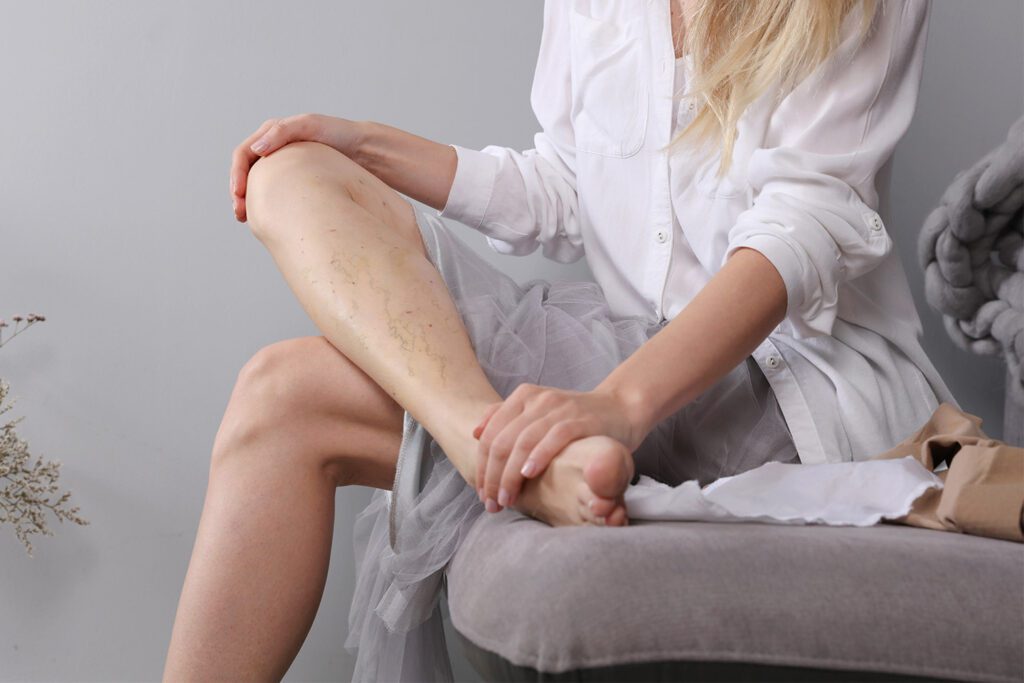Q. I love to cook, but from time to time I burn myself in the kitchen. What is the best way to assess and treat a burn?

A. Cooking or grilling is a common source of minor, and sometimes major, burns. Fortunately, the majority of burns people suffer while cooking fall into the minor variety. First degree burns are like your basic mild sunburn – a little red skin and not much heat. Second degree burns are slightly deeper, cause more pain, and may form blisters. Third degree burns penetrate the entire outer skin layer and permeate into deep tissue; they are usually painless because they are so deep. Hot liquid splattering from a skillet or touching a hot pan or dish will lead to small burns that are usually no worse than second degree. Prolonged contact with the hot liquid or dish can lead to worsened burns, so quick removal and access to cold water flushing is key to limiting the damage. Any burns of fingers, across joints, or to the face require immediate medical attention.


Dr. Todd Rudolph
Medical Director, AFC Urgent Care/Family Care
Q. I think I might be losing my hearing. What should I do?
A. If you think you might have a loss of hearing, the first thing you should do is seek the assistance of a hearing professional. That individual will test your hearing to establish if there is a loss of hearing and what type or to what degree. If there is an indication of an underlying medical condition in the middle ear causing the loss of hearing, the professional will refer you to an ear, nose, and throat physician for a medical evaluation. If you have a nerve loss of hearing, the hearing professional would recommend the use of hearing devices to improve your hearing. They would discuss the style of hearing device that would give you the most benefit depending on your degree of hearing loss. One last important factor to consider: if an individual is faced with a sudden onset of hearing loss it is very important to seek immediate attention.


Cheryl Ward, BC-HIS
Hearing Instrument Specialists, Audiology Services of Chattanooga
Q. My toddler doesn’t like milk. What else can I feed him?
A. While milk can be nutritious since it contains protein, calcium, and vitamin D, it isn’t absolutely necessary for a healthy diet. It’s likely that toddlers who do not like milk have a lactose problem. Most of these toddlers did not tolerate a milk-based formula if bottle fed, or some of them did not tolerate their mother drinking milk when they were breastfeeding.
The current recommendation from the Academy of Pediatrics is that children have two to three servings of dairy per day, not necessarily milk. If your toddler is lactose intolerant or simply doesn’t like milk, other dairy products like cheese, yogurt, soy milk, or almond milk can provide the same nutrients.


Nita Shumaker, MD
Pediatrician, Galen Medical Group
Q. I’ve continued to notice more spider veins on my legs over the years. What causes those?


A. Spider veins are dilated surface veins. They are caused by increased pressure in the veins, usually from larger veins underneath the skin. Although we don’t know exactly why some people get them to a worse degree than others, we do know that the main reason people get them is genetic. We also know that hormones and pregnancy increase one’s risk, which is why they are more common in women than men. Lastly, they tend to worsen as we age, increasing in number and sometimes size. Trauma to the skin can also cause them to appear. They are commonly treated with sclerotherapy first.Other treatments involve skin lasers or radiofrequency energy devices. Through a series of treatments over a period of time they can be improved in the majority of patients.


Vincent W. Gardner, MD
Director of the Vein Institute, The Vein Institute at Southern Surgical Arts
Q. I have terrible allergies in the fall. What’s the best way to manage symptoms?
A. Management of fall allergies includes medications for symptom control, allergen immunotherapy options like allergy drops, shots, or dissolving tablets, and the following avoidance measures:
- Avoid outdoor activity when pollen and mold are highest – usually between 5 a.m. and 10 a.m. Rain and low temperatures lower pollen counts.
- Use an air conditioner.
- Use a portable high-efficiency particulate air (HEPA) filter or dehumidifier.
- Vacuum the house every week with a vacuum cleaner that has a HEPA filter.
- Immediately wash clothing after wearing them outdoors, and then dry them in the dryer.
- Wipe the coats of animals after they have been outside.
Fall can be fabulous as long as our allergies are controlled!


Susan Raschal, DO
Allergist, Covenant Allergy and Asthma Care

